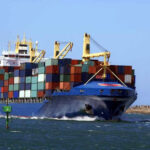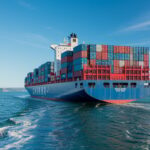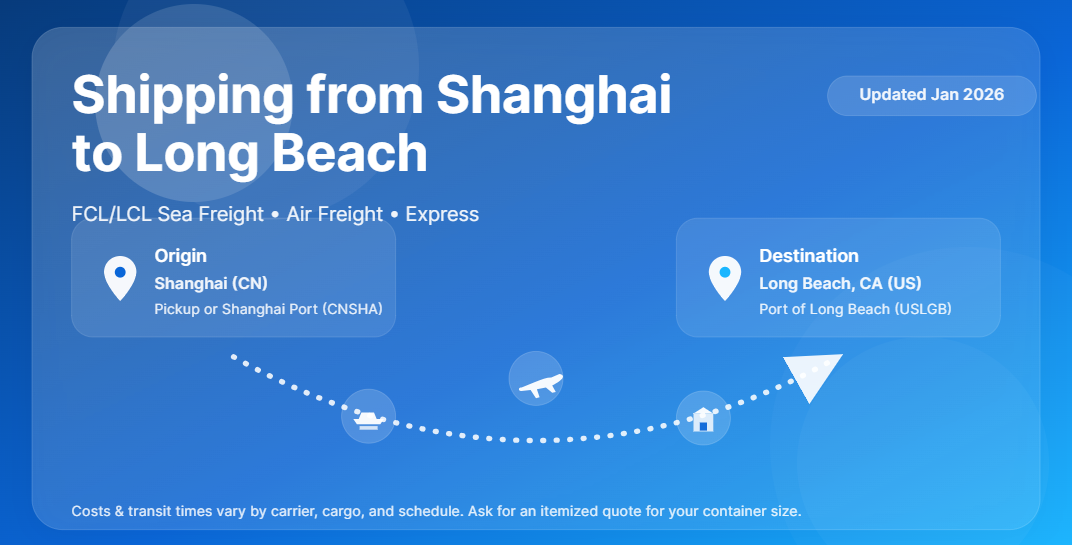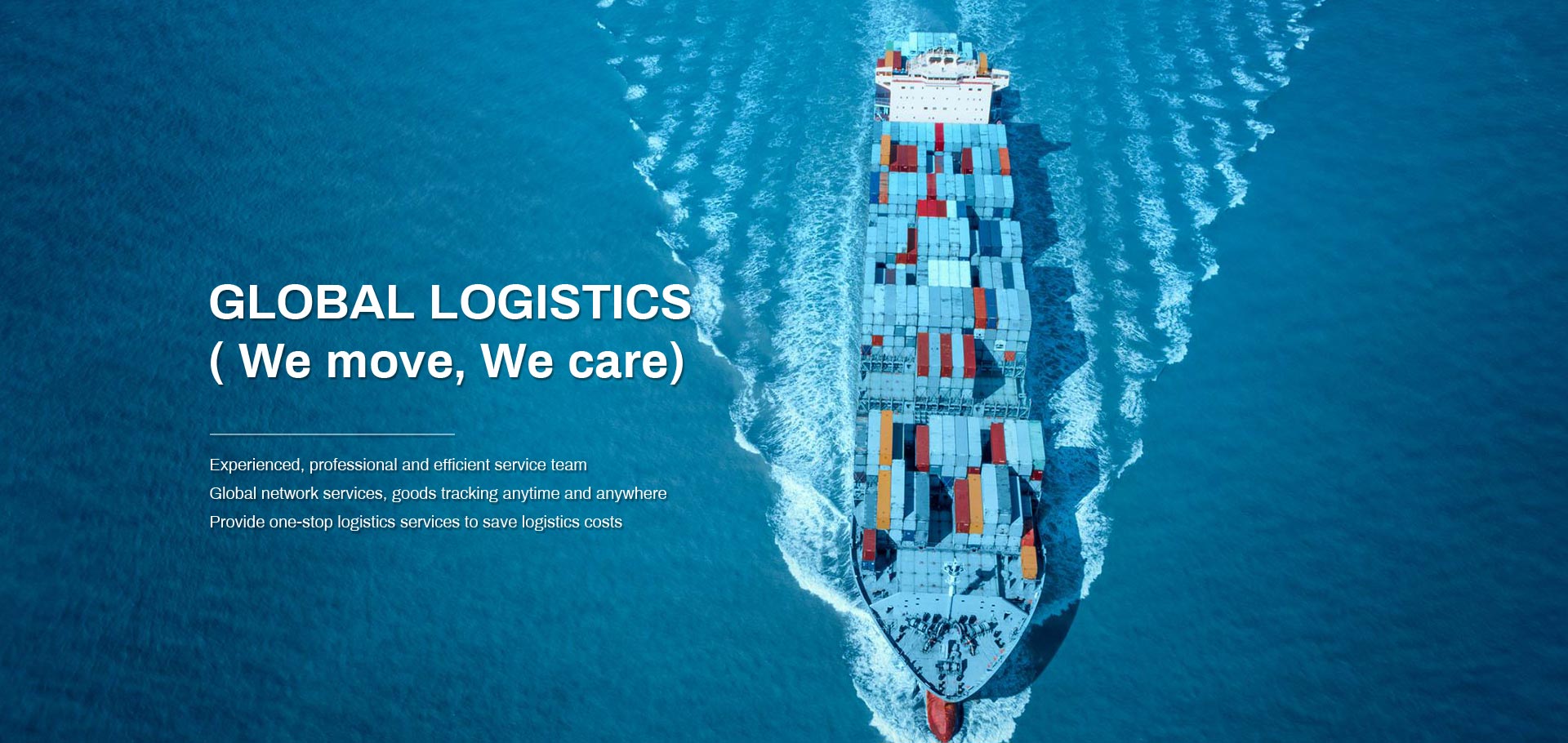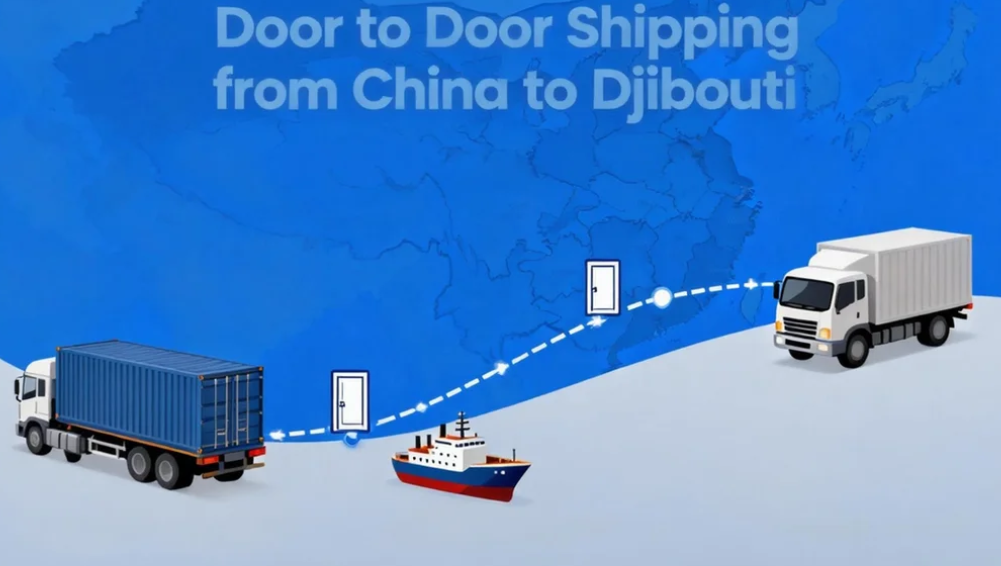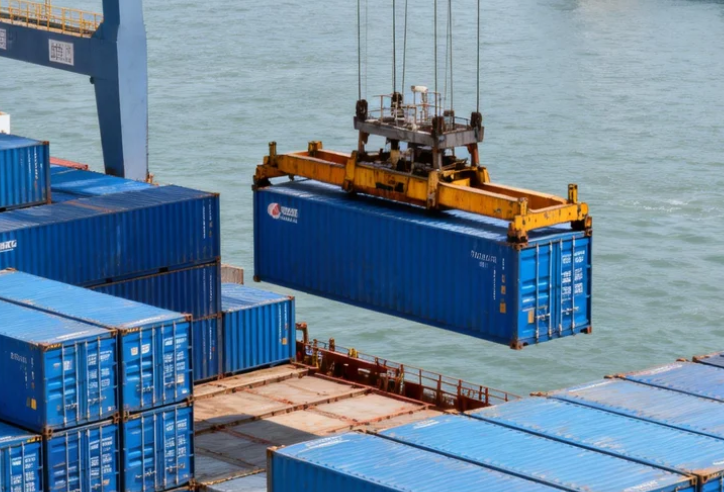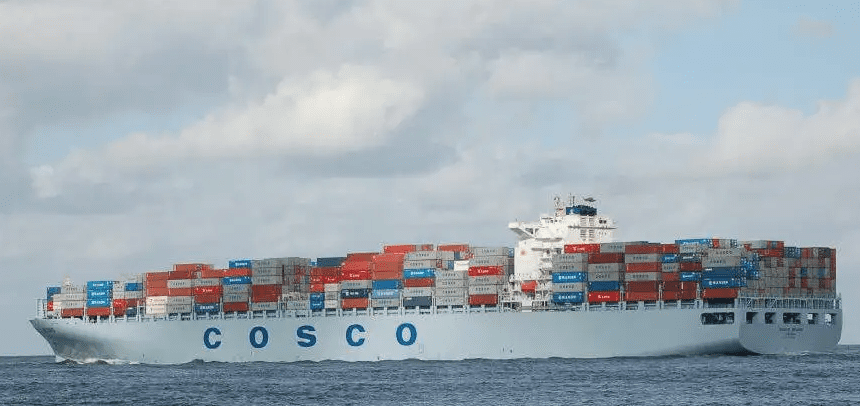Are you curious about how to optimize shipping rates from China to New Zealand?
Understanding the intricacies of international shipping can be daunting, but it doesn’t have to be. In this article, we will explore the key factors influencing shipping costs, including methods like air freight vs. sea freight, and provide essential tips for reducing expenses. In this comprehensive guide, we’ll break down the various costs involved and offer practical strategies to help you navigate the shipping process efficiently. Let’s dive in!
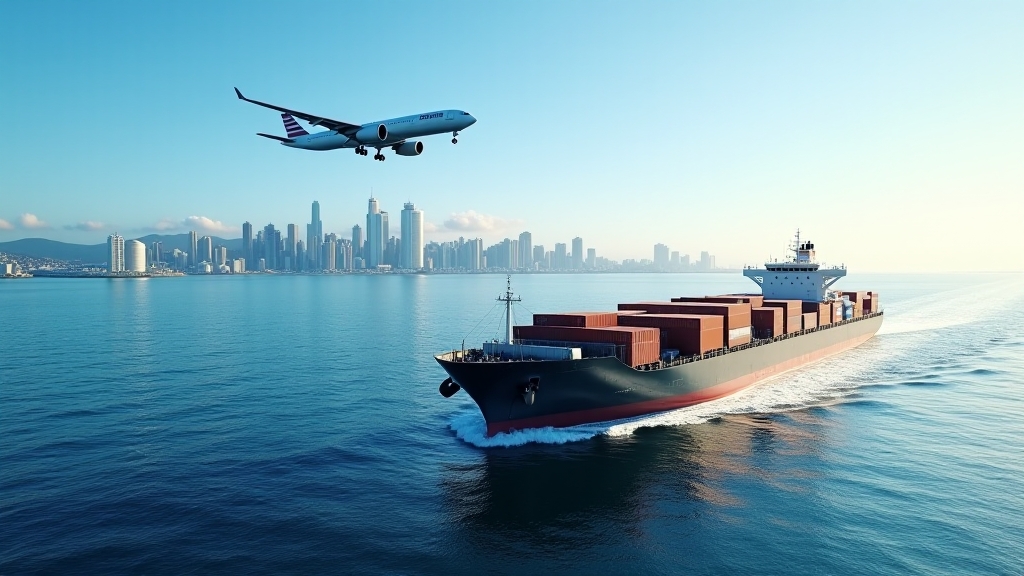
Understanding Shipping Rates from China to New Zealand
When importing goods from China to New Zealand, understanding the shipping rates is crucial for effective budgeting and planning. Shipping rates can vary widely based on several factors, making it essential for importers to be well-informed. The costs involved in shipping can significantly impact the overall profitability of your business, especially when dealing with international trade.
Understanding the components of shipping rates will allow you to make informed decisions, ensuring you select the most cost-effective and efficient shipping options for your needs. For example, you can explore options for Shipping From China to New Zealand to get a better grasp of the available services and rates.
Factors Influencing Shipping Rates from China to New Zealand
Shipping Method: Air Freight vs. Sea Freight
One of the most significant factors influencing shipping rates from China to New Zealand is the choice between Air Freight and Sea Freight.
- Air Freight: This method is generally faster but comes at a higher cost. For example, shipping a standard cargo shipment by air may take only a few days, while prices can range from $5 to $10 per kilogram, depending on the airline and route. Air freight is ideal for time-sensitive shipments, such as electronics or perishable goods.
| Shipping Method | Estimated Time (Days) | Cost (per kg) |
|---|---|---|
| Air Freight | 3-7 | $5 – $10 |
- Sea Freight: A more economical option, sea freight is typically used for larger shipments. However, it can take significantly longer, often ranging from 15 to 40 days depending on the port of origin and destination. Costs generally range from $1 to $3 per kilogram. Sea freight is preferred for bulky and non-urgent shipments, such as furniture or industrial equipment.
| Shipping Method | Estimated Time (Days) | Cost (per kg) |
|---|---|---|
| Sea Freight | 15-40 | $1 – $3 |
Weight and Volume of Cargo
The weight and volume of your cargo play a crucial role in determining shipping rates. Shipping companies often use a method called dimensional weight to calculate costs, which considers both the actual weight and the volume of the shipment.
- Actual Weight: The physical weight of the cargo.
- Dimensional Weight (Volumetric Weight): Calculated by multiplying the dimensions of the package (length x width x height) and dividing by a specific factor (usually 5000 for air cargo).
The greater of the two weights is used when calculating shipping costs. For instance, if you have a large, lightweight item, the dimensional weight may result in a higher shipping cost than the actual weight.
Delivery Speed: Standard vs. Express Shipping
Another critical factor affecting shipping rates is the delivery speed. Importers have the choice between Standard Shipping and Express Shipping.
Standard Shipping: Generally more affordable, standard shipping options take longer but are suitable for non-urgent goods. This method is often used in sea freight.
Express Shipping: Costs more but significantly reduces transit time. This method is commonly chosen when timely delivery is essential. Express services can be utilized in both air and sea freight but will naturally incur higher costs.
In conclusion, understanding the factors influencing shipping rates from China to New Zealand allows importers to make well-informed decisions. By carefully considering the shipping method, cargo weight and volume, and delivery speed, you can select the most appropriate and cost-effective shipping solutions for your business needs. At Dantful International Logistics, we pride ourselves on being a Highly Professional, Cost-effective And High-quality one-stop international logistics service provider, ready to assist you with all aspects of your shipping needs.
Types of Shipping Costs When Importing from China
Freight Charges Explained
When importing goods from China to New Zealand, understanding freight charges is crucial. Freight charges refer to the cost of transporting goods, which can vary significantly based on the shipping method. There are primarily two modes of shipping: Air Freight and Sea Freight.
Air Freight: Generally faster, with delivery times ranging from 3 to 7 days. However, it tends to be more expensive, with costs typically exceeding $5 to $10 per kilogram depending on the service provider and flight availability. For more information, see air freight from china to nz.
Sea Freight: The most cost-effective method for larger shipments, often taking between 20 to 40 days for delivery. Freight charges here are calculated based on the volume (measured in cubic meters) or the weight of the cargo, with costs ranging from $500 to $2,500 for a standard 20-foot container based on current market trends. Understanding how these charges are structured will help businesses accurately budget their logistics costs.
Additional Fees: Customs Duties and Taxes
In addition to freight charges, importers must account for customs duties and taxes. In New Zealand, goods imported from other countries are subject to:
Customs Duties: This is a percentage of the cargo’s value, which can vary significantly based on the type of goods. For most consumer goods, this could be around 0% to 5%. However, certain products may incur higher tariffs.
Goods and Services Tax (GST): A standard 15% is applied to most imported goods, calculated on the total value of the goods plus any customs duties. Understanding these additional costs is essential for accurate pricing and profitability when importing from China.
Insurance Costs and Their Impact on Shipping Rates
Insurance is another crucial factor affecting shipping rates. It protects your cargo against loss or damage during transit. The costs for cargo insurance generally range from 0.5% to 2% of the total shipment value. While it may seem like an additional expense, it is an important safety net for businesses.
Incorporating insurance costs into your overall shipping budget can significantly impact your total expenses. Many freight forwarders, including Dantful International Logistics, offer comprehensive insurance options that can be bundled with freight charges for convenience.
Read More:
- Shipping From China to Australia
- Shipping From China to New Zealand
- Shipping From China to Papua New Guinea
- Shipping From China to Fiji
- Shipping From China to Solomon Islands
- Shipping From China to Vanuatu
How to Calculate Shipping Rates from China to New Zealand
Step-by-Step Guide to Rate Calculation
Calculating shipping rates accurately involves a few straightforward steps:
- Determine Cargo Details: Measure the weight and dimensions of your shipment.
- Choose a Shipping Method: Decide between Air Freight or Sea Freight based on your budget and time constraints.
- Calculate Freight Charges: Use the appropriate rates from your freight forwarder. For instance:
- Air Freight: Cost per kilogram x Total weight.
- Sea Freight: Container rates or cubic meter rates.
- Add Additional Costs: Include customs duties, taxes, and insurance costs.
By following these steps, you can derive a comprehensive estimate of your shipping expenses.
Using Online Shipping Rate Calculators
Many freight forwarders and logistics companies offer online shipping rate calculators that can simplify the process. These tools typically require basic information such as origin, destination, weight, and shipping method to provide instant quotes. For instance, Dantful International Logistics offers an online tool that allows potential clients to input their shipment details and receive tailored shipping rates quickly.
Comparing Quotes from Different Freight Forwarders
To ensure you are getting the best deal, it’s important to compare quotes from different freight forwarders. Factors to consider include:
- Freight rates: Are they competitive?
- Service quality: What is the reputation of the forwarder?
- Transit times: How quickly can they deliver?
- Additional services: Do they offer customs clearance, warehousing, or insurance?
Tips for Reducing Shipping Costs from China to New Zealand
Consolidating Shipments for Better Rates
Consolidating shipments can significantly lower overall shipping costs. By combining multiple orders into a single shipment, businesses can take advantage of bulk rates offered by freight forwarders. This strategy is particularly effective for smaller businesses looking to minimize logistics expenses. For more on this, check consolidated freight shipping.
Negotiating with Freight Forwarders
Don’t hesitate to negotiate with freight forwarders. Many providers are open to discussion, especially if you can offer a consistent shipping volume or have done business with them previously. Presenting comparative quotes can bolster your position during negotiations.
Choosing the Right Time to Ship
Timing can greatly affect shipping costs. Rates can fluctuate based on the season and demand. For instance, shipping during off-peak seasons (typically outside of major holidays) may result in lower rates. Furthermore, consider booking well in advance to secure better pricing and availability.
In conclusion, understanding the various aspects of shipping costs, calculating rates accurately, and employing smart strategies can help businesses effectively manage their logistics when importing from China to New Zealand. For a reliable and cost-effective solution, consider partnering with Dantful International Logistics, your one-stop international logistics service provider.

Young Chiu is a seasoned logistics expert with over 15 years of experience in international freight forwarding and supply chain management. As CEO of Dantful International Logistics, Young is dedicated to providing valuable insights and practical advice to businesses navigating the complexities of global shipping.


